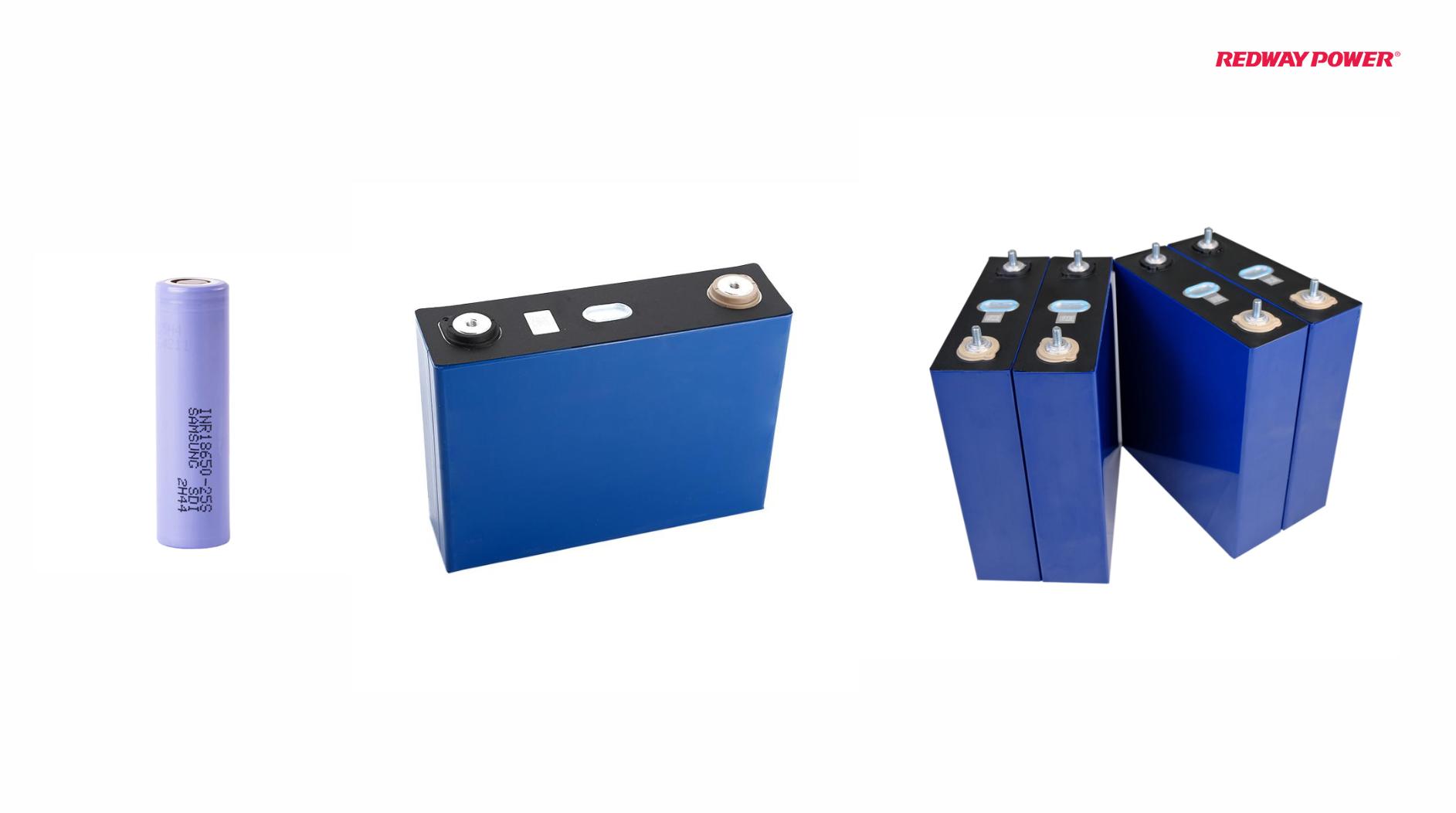Superior lithium-ion battery sizes vary by application but commonly include standardized cells such as 18650, 21700, and 26650, offering different balances of capacity, energy density, and form factor. Choosing the right size depends on device needs, power demands, and space constraints to achieve optimal efficiency and longevity.
What Are the Most Common Lithium-Ion Battery Sizes Today?
The most popular lithium-ion battery sizes are cylindrical cells like 18650 (18mm diameter × 65mm length), 21700 (21mm × 70mm), and 26650 (26mm × 65mm). These sizes differ in capacity from roughly 1500mAh to over 6000mAh and suit uses ranging from laptops and power tools to electric vehicles and energy storage systems. Prismatic and pouch cells serve other form factors for slim or flexible designs.
Standardization of these sizes simplifies sourcing and compatibility across industries.
How Do Battery Size Dimensions Impact Performance and Application?
Battery size directly influences capacity (mAh), discharge current, thermal management, and integration flexibility. Larger diameter and length generally allow more active material, increasing energy storage but may limit compact device designs. For example, the 21700 offers about 50% more energy than the 18650, making it preferred for high-energy applications like EVs. Smaller sizes prioritize portability with lower capacity.
Balancing size and power requirements is key for design optimization.
Why Are Cylindrical Lithium-Ion Cells So Widely Used?
Cylindrical cells are mechanically robust, cost-effective, and easy to manufacture in mass quantities. Their cylindrical shape provides uniform stress distribution during charge cycles, enhancing longevity. They pack neatly into battery modules with efficient cooling. Examples include the 18650 widely used in laptops and the 21700 favored by Tesla for electric vehicles due to its higher capacity and thermal efficiency.
Cylindrical formats remain a staple for reliability and scalability.
Which Battery Size Offers the Best Energy Density for EVs and Storage?
The 21700 size has emerged as the standard for balancing high energy density and volume efficiency. Compared to 18650 cells, 21700 batteries typically offer 20-50% higher capacity and better thermal management, enabling longer EV range and denser energy storage in compact spaces. Larger cells like the 26650 can provide even more capacity but are less common due to integration challenges.
Technological advances continue to push energy density improvements within these sizes.
When Should One Consider Using Prismatic or Pouch Lithium-Ion Batteries?
Prismatic batteries are suitable when maximizing space efficiency is critical, such as in smartphones and slim notebooks. They have rectangular shapes allowing better pack-level energy density. Pouch cells provide the most design flexibility and light weight, bending for wearable or curved devices. However, both types require more elaborate mechanical support compared to cylindrical variants.
Choice depends on form factor constraints and manufacturing costs.
Where Are Specialized Lithium-Ion Battery Sizes Used?
Specialized sizes like 10440, 14500, 16340, and custom-sized pouch cells serve niche markets such as flashlights, medical devices, drones, or compact consumer electronics. These batteries provide tailored capacities and voltages for applications that prioritize small size or light weight over sheer power, enabling innovation in portable and wearable technologies.
Understanding these sizes supports precise energy solutions for specialized devices.
How Does Redway Battery Customize Lithium-Ion Battery Sizes for Clients?
Redway Battery offers extensive OEM/ODM customization of lithium-ion battery sizes, meeting specific dimensional, capacity, and performance requirements for industrial, telecom, solar, and EV applications. Leveraging advanced manufacturing and automated MES systems, Redway ensures high precision in size and quality, providing clients with reliable, durable battery packs tailored to unique spatial and energy demands.
Customization enhances device integration and operational efficiency.
Could Larger Battery Sizes Limit Design Flexibility?
Yes, larger cells increase energy but impose spatial constraints and weight penalties, limiting compact device design. Thermal management becomes more complex with bigger cells, potentially requiring additional cooling systems. Balancing cell size against system-level packaging and performance targets is crucial, especially for mobile or wearable applications where space and weight are premium.
Designers must carefully weigh size versus power trade-offs.
Are There Emerging Trends in Lithium-Ion Battery Sizing and Packaging?
Next-gen battery technologies focus on increased energy density via novel chemistries and cell formats rather than just larger sizes. Innovations in solid-state batteries, flexible pouch designs, and ultra-thin prismatic cells promote lighter, more compact energy storage. Modular pack designs with standardized cells enable scalable custom solutions that balance size, power, and safety for future applications.
Market demands drive continuous evolution in cell sizing.
Redway Battery Expert Views
“At Redway Battery, we recognize that lithium-ion battery size selection profoundly impacts product performance and market fit. Our expertise in customizing LiFePO4 cells ensures clients receive battery packs optimized for their dimensional constraints and operational needs. By combining precision manufacturing with flexible sizing options, we support innovations across forklifts, golf carts, telecom, and energy storage systems—balancing power density and longevity tailored to varied applications.” – Redway Battery Specialist
Conclusion
Understanding superior lithium-ion battery sizes is essential to optimizing device performance and longevity. Standard sizes like 18650, 21700, and 26650 offer proven versatility across electronics, EVs, and energy storage, while prismatic and pouch cells provide form factor flexibility. Manufacturers like Redway Battery empower clients with tailored size customization, ensuring high-quality, durable energy solutions that meet precise application requirements and evolving market trends.
FAQs
Q: What lithium-ion battery size is best for electric vehicles?
A: The 21700 cylindrical cell is widely preferred for its high energy density and thermal performance.
Q: Can battery size affect safety and longevity?
A: Yes, size impacts thermal management and stress distribution, influencing battery life and safety.
Q: Are prismatic cells better for compact devices than cylindrical batteries?
A: Generally yes, prismatic and pouch cells maximize energy density in slim or flexible formats.
Q: Does Redway Battery offer custom lithium-ion battery sizes?
A: Yes, Redway provides full OEM/ODM customization to meet diverse client specifications.
Q: How do battery sizes impact energy storage system design?
A: Larger cells store more energy but require careful thermal and mechanical design to ensure efficiency and safety.






